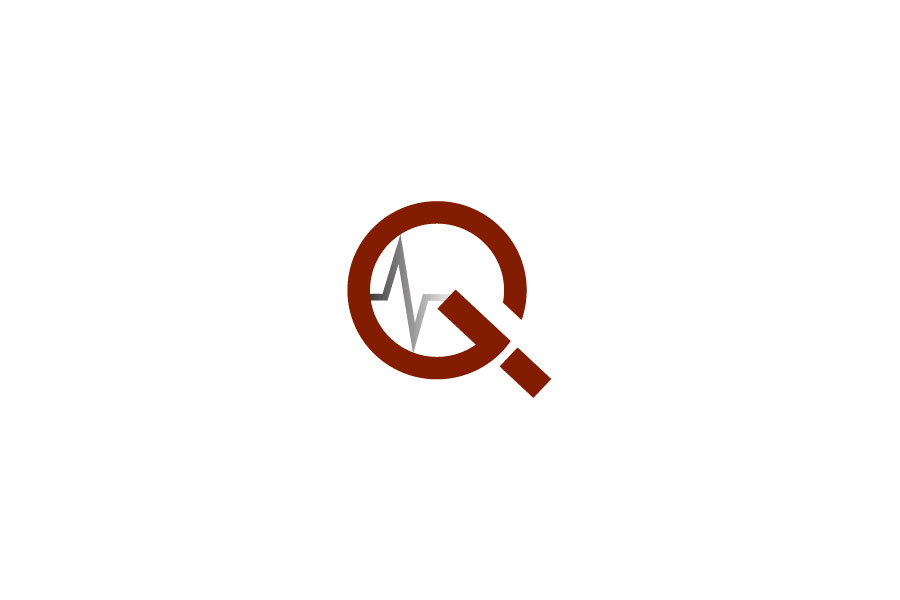Early detection of alcohol withdrawal is the most important aspect of treatment (Kneisl, 2009). It can be easily misdiagnosed in the elderly. Disorientation can be normalized as a sign of aging rather than withdrawal. Patients who are hospitalized for medical illness can hide their drinking history for a variety of reasons. Their symptoms of withdrawal can be misdiagnosed as neurological illness or a side effect of medication. Patients who come in contact with the legal system can experience behavioral changes such as agitation, confusion and hallucinations that are directly related to their withdrawal from alcohol. Their behavior can be misunderstood or thought to be related to substance intoxication.
Medical treatment of alcohol withdrawal symptoms involves the following:
- replacing fluids
- vitamin supplements (especially thiamine and folic acid)
- treatment with benzodiazepine medication (such as Librium or clonazepam) to prevent seizures and other symptoms
- and nutritional support
The multivitamin in the IV solution turns it yellow and gives it the nickname “banana bag.” Medication to treat high blood pressure, heart rate and anti-seizure medication may be prescribed (Ignatavicius & Workman, 2010).











